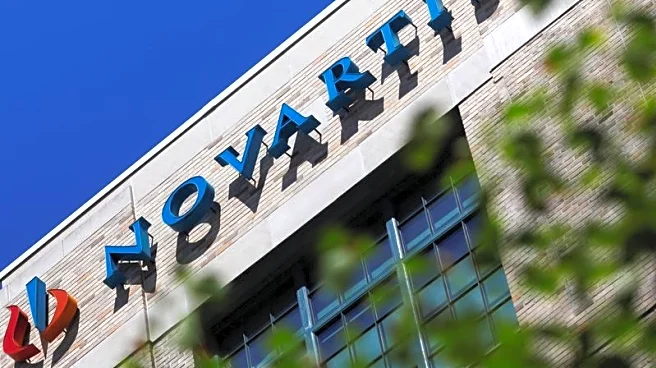Rapid Read • 7 min read
Trend Hunter has identified a growing trend in the development of accessible self-ordering kiosks designed to cater to individuals with various disabilities. These kiosks are part of a broader movement towards inclusive technology, which aims to make digital interfaces more accessible to all users. The kiosks feature adaptive interfaces, such as adjustable heights and tactile keypads, to accommodate user-specific needs. This development reflects a significant shift in the design of technology products, emphasizing the importance of inclusivity and accessibility in public and commercial spaces.
AD
The introduction of accessible self-ordering kiosks is significant as it addresses the needs of individuals with disabilities, promoting inclusivity in technology. This trend not only enhances the user experience for a broader audience but also aligns with legal and social expectations for accessibility. Businesses that adopt such technology can potentially reach a wider customer base, improve customer satisfaction, and demonstrate corporate social responsibility. Moreover, this trend could influence public policy and industry standards, encouraging more companies to prioritize accessibility in their product designs.
As the demand for inclusive technology grows, more businesses are likely to invest in accessible solutions like self-ordering kiosks. This could lead to increased innovation in adaptive interfaces and a broader range of accessible products. Stakeholders, including technology developers, businesses, and advocacy groups, may collaborate to establish best practices and standards for accessibility. Additionally, there may be further legislative developments to ensure that accessibility remains a priority in technology design and implementation.
The push for accessible technology also raises ethical considerations about the digital divide and the responsibility of tech companies to ensure equitable access to their products. As technology becomes more integrated into daily life, the need for inclusive design becomes increasingly critical. This trend could lead to a cultural shift in how society views and accommodates individuals with disabilities, fostering a more inclusive environment.
AD
More Stories You Might Enjoy













